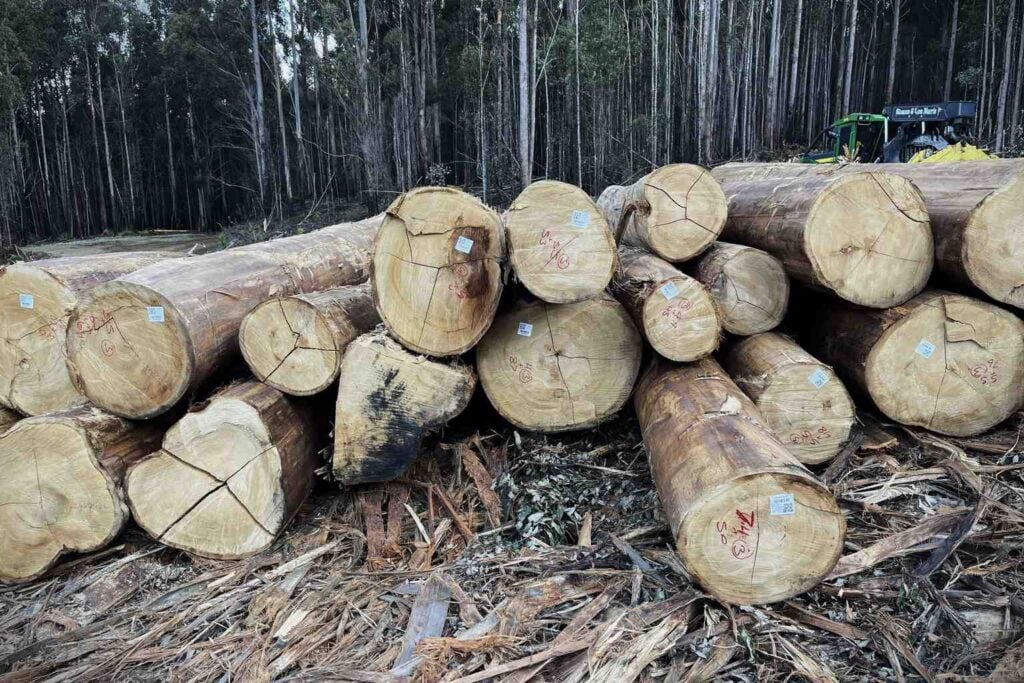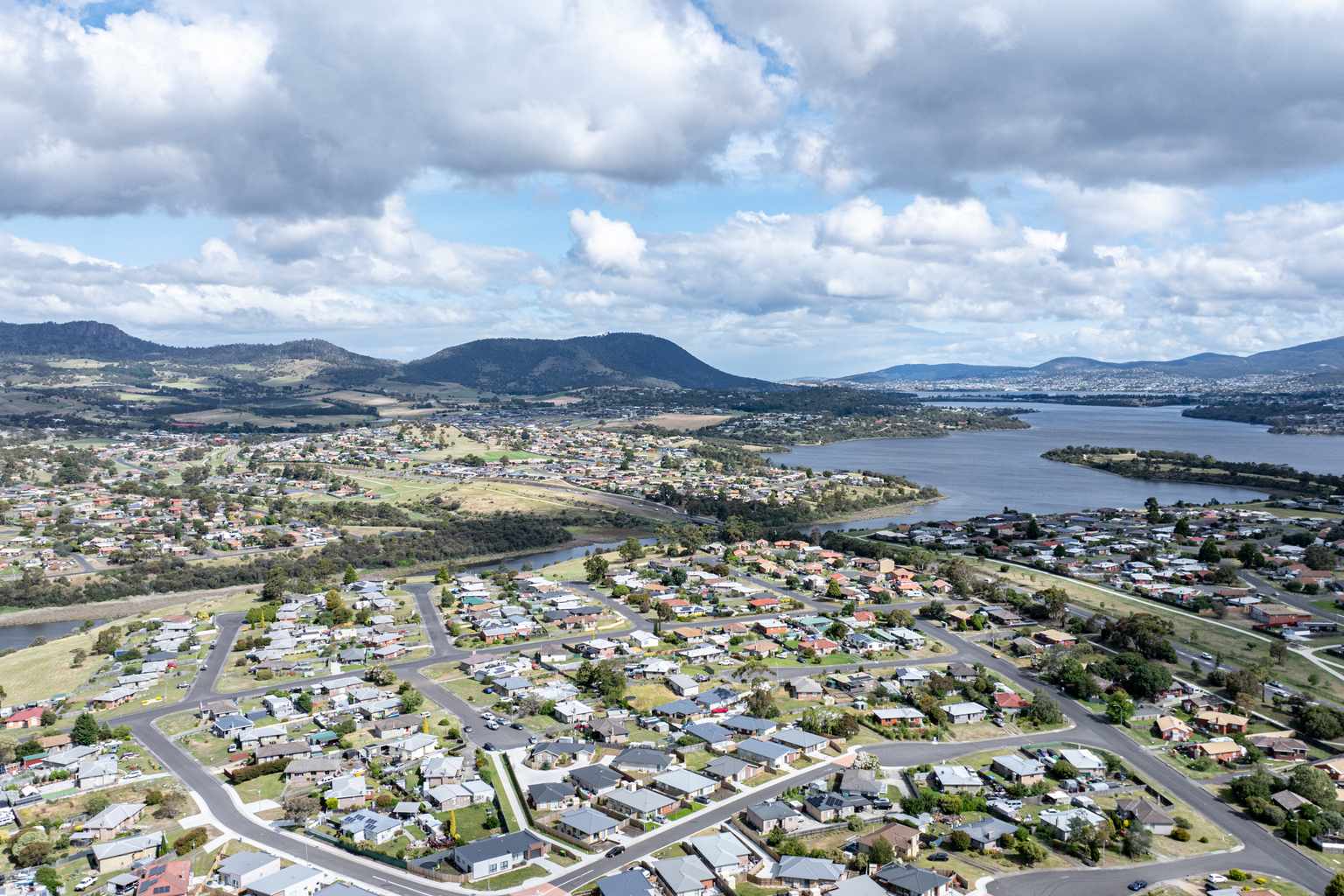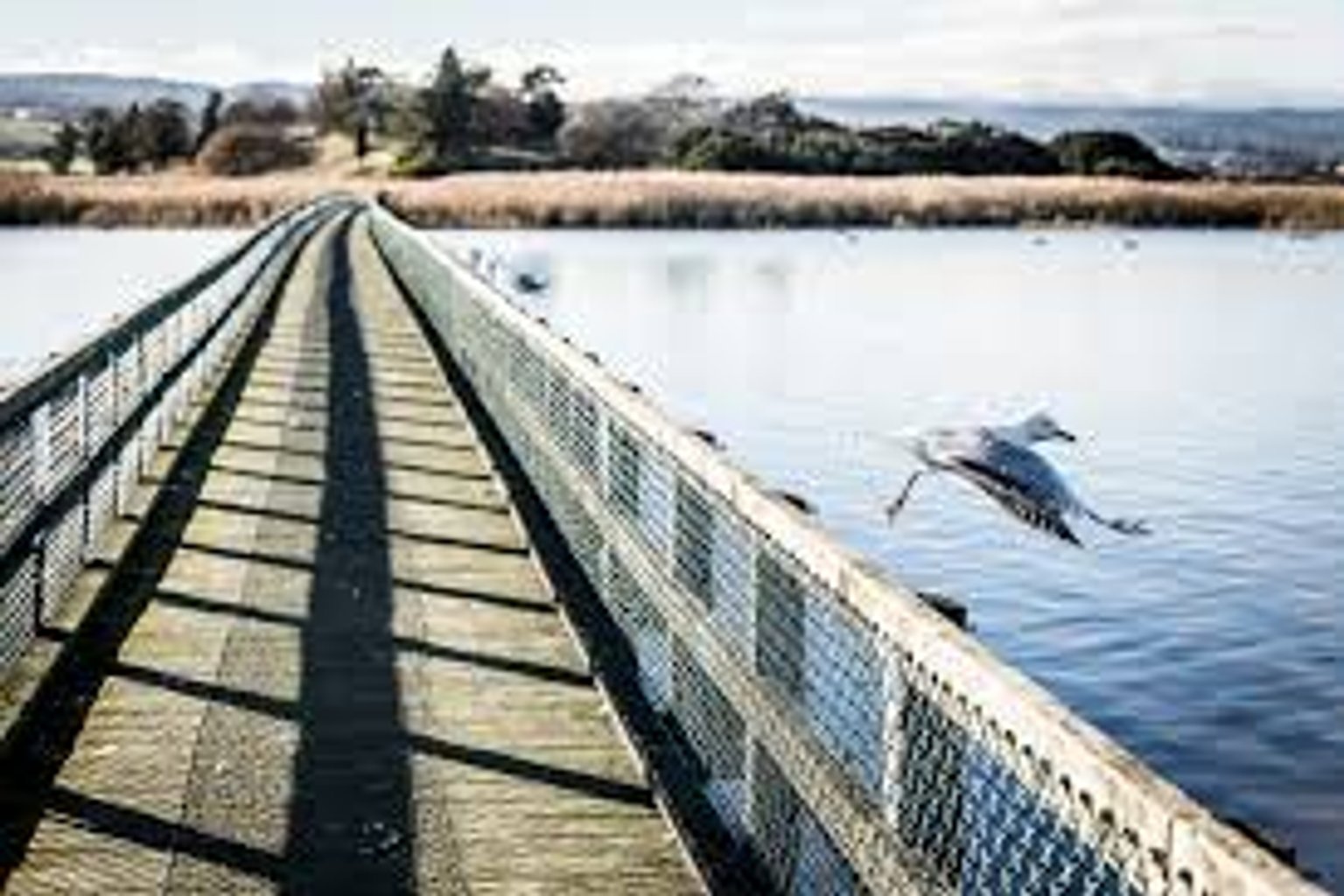Tasmania’s forestry industry is demanding answers after federal environmental law reforms left key questions hanging over the future of native logging in the state.
The Albanese government, with support of the Greens, will amend the Environment Protection and Biodiversity Conservation Act to remove a long-standing exemption for forestry operations.
Under the changes, forestry activities covered by Regional Forest Agreements will need to comply with new National Environmental Standards by July 2027.
To support the transition, the federal government has announced a $300 million Forestry Growth Fund and designated forestry as a priority industry under its Future Made in Australia plans.
Federal Agriculture Minister Julie Collins said the package aimed to deliver “a bigger forestry industry that supports more secure jobs, better pay and more high-value output”.

She said the funding would go towards mill modernisation, workforce training and boosting the supply of timber for housing construction.
But the state government and industry groups say they were blindsided by the announcement and are still waiting for key details.
Premier Jeremy Rockliff said there was “a breathtaking lack of detail” about what the reforms would mean for Tasmania.
“This Labor-Green deal will put jobs in regional Tasmania at great risk,” he said.
“The so-called support package is woefully inadequate to compensate for the direct and broader flow-on economic effects of this decision.”
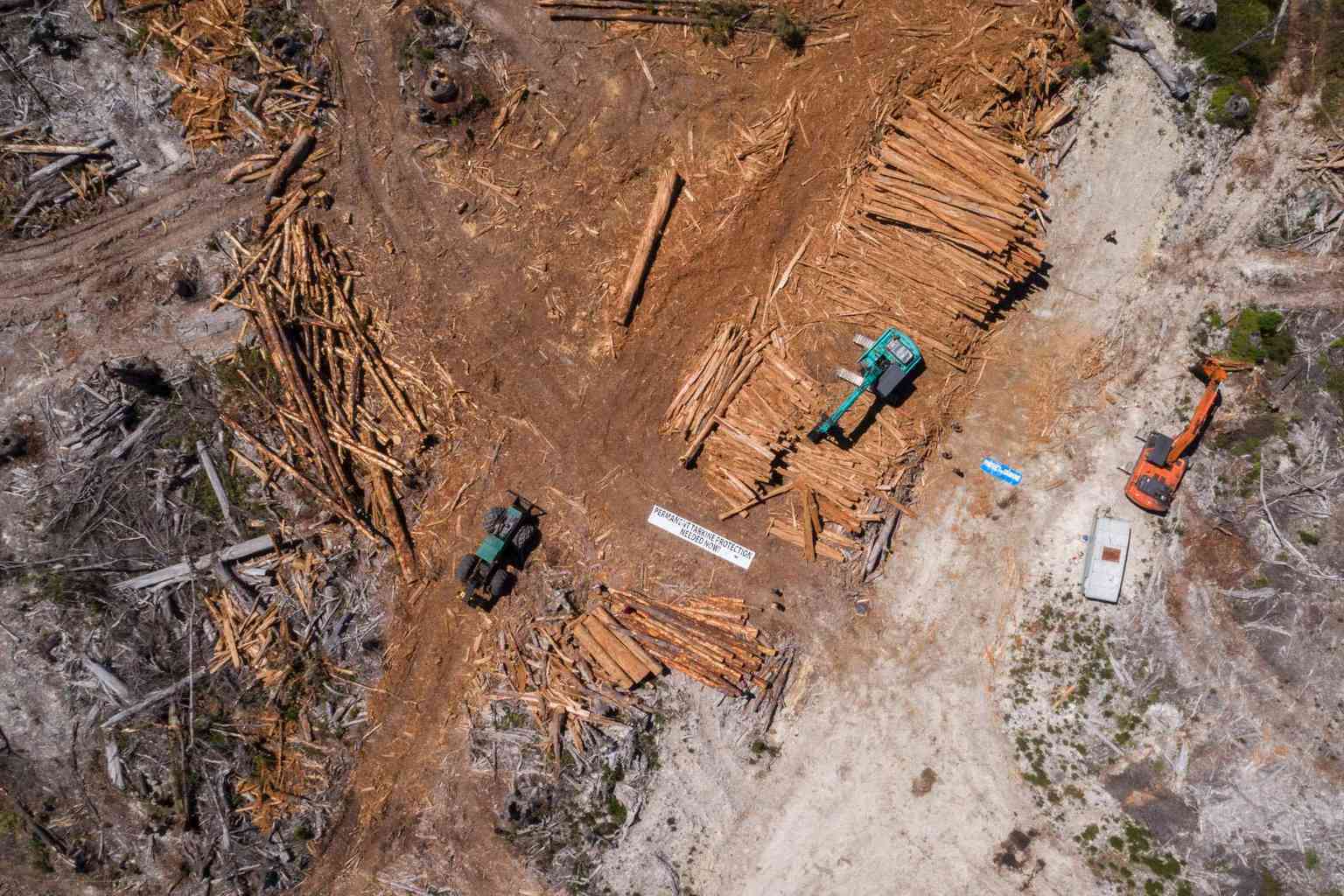
Resources Minister Felix Ellis said thousands of Tasmanian workers were now facing uncertainty.
“… It appears the prime minister has sold out our state and those workers to appease the Greens,” he said.
The Tasmanian Forest Products Association shared those concerns.
“We are bitterly disappointed that yet another deal has been done behind closed doors in Canberra that threatens the viability of our sustainable industry,” independent chair Sarah Courtney said.
“Forestry is sustainable, it is essential and it is here to stay.”
CEO Nick Steel warned the changes could increase Australia’s reliance on imported timber.
“Tasmania’s forest management has served Tasmanians well for decades,” he said.
“Our current system proves that science-based regulation works. It must be at the core of any accreditation model going forward and any threat to it undermines confidence and investment in Tasmania.”
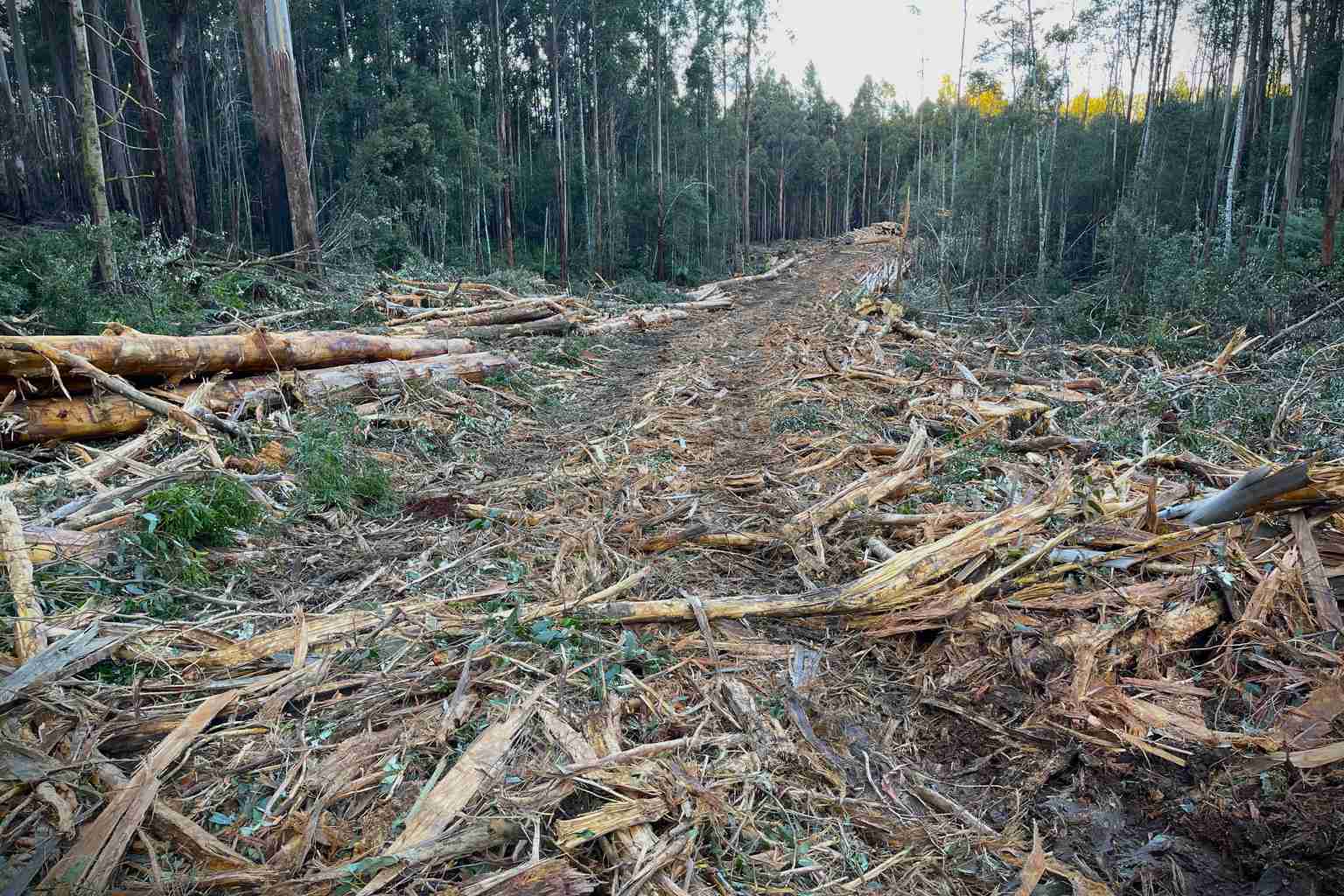
Tasmanian Greens leader Rosalie Woodruff said the reforms were a win for native forest protection and for endangered species such as the swift parrot.
“The Liberals’ extreme reaction to the announcement from Canberra makes it clear just how worried they are about what it means for their pro-logging agenda,” she said.
“Like many conservationists and nature lovers, we’re deeply concerned the Liberals will be cheering on a smash and grab in the forests in the next 18 months.”
State Labor’s Shane Broad said the industry now needed “certainty, not confusion”.
“We will closely assess the reforms and work to ensure Canberra’s decisions don’t place Tasmanian workers or businesses in limbo,” he said.
“Tasmania has a sustainable forest industry and we will always stand up for the people and communities who depend on it.”
The federal government says it will consult with states, industry and unions on the final design of the package.

